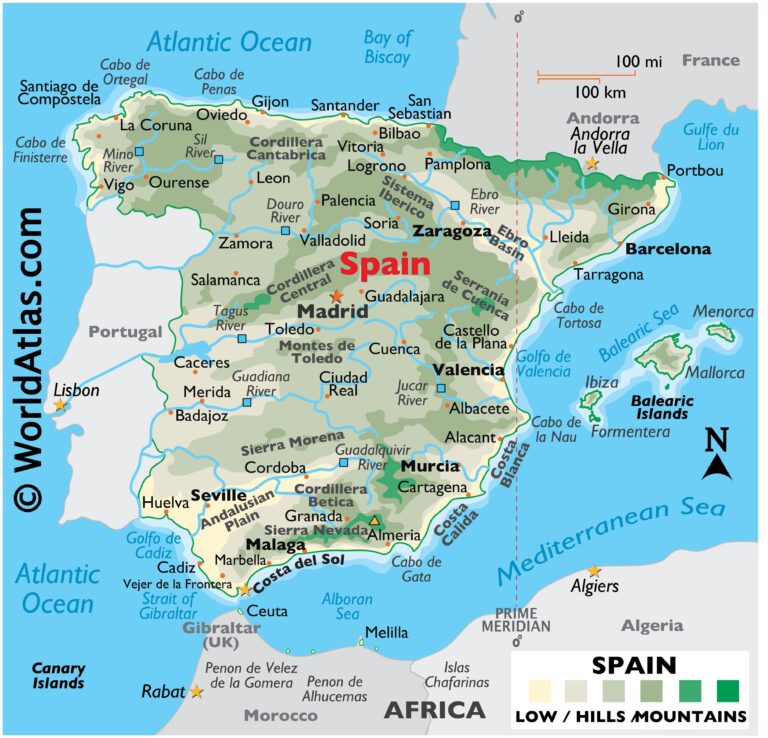Spain has formally endorsed a new international coalition aimed at safeguarding civilians in Gaza amid escalating tensions in the region. The alliance, which brings together multiple countries and humanitarian organizations, seeks to enhance protection measures and ensure the delivery of critical aid to vulnerable populations caught in the conflict. Spain’s backing underscores its commitment to upholding international humanitarian law and addressing the urgent needs of those affected by ongoing violence. This development marks a significant step in the global response to the crisis, as nations rally to prevent further civilian suffering in Gaza.
Spain Strengthens Commitment to Civilian Protection in Gaza Conflict
Spain has taken a decisive step in the ongoing Gaza conflict by endorsing a robust international coalition aimed at enhancing civilian safety and humanitarian aid access. Recognizing the devastating humanitarian toll, the Spanish government has intensified diplomatic efforts to call for immediate ceasefires and the establishment of protected zones for non-combatants. This initiative underscores Spain’s dedication to human rights and its proactive role in fostering regional stability.
Key measures endorsed by Spain include:
- Deployment of neutral observers to monitor ceasefire compliance
- Support for ceasefire negotiations between conflicting parties
- Expansion of humanitarian corridors to facilitate aid delivery
The Spanish Foreign Ministry released a detailed action plan highlighting these priorities, emphasizing collaboration with international partners such as the United Nations and the European Union. Below is a summary of Spain’s commitments in the alliance:
| Commitment | Objective | Timeline |
|---|---|---|
| Ceasefire Advocacy | Facilitate lasting peace talks | Immediate |
| Humanitarian Aid Boost | Increase aid flow by 30% | Next 3 months |
| Protection Mechanisms | Set up safe zones | Within 6 weeks |
Analyzing the Impact of International Alliances on Humanitarian Efforts
International alliances have increasingly become pivotal in coordinating humanitarian responses during crises, particularly in conflict zones like Gaza. Spain’s recent endorsement of a coalition aimed at safeguarding civilians marks a significant commitment that enhances logistical support and resource mobilization. Through collective action, member states can pool expertise, leverage diplomatic influence, and ensure that aid reaches those in urgent need more efficiently. The synergy generated by these partnerships not only accelerates the delivery of medical supplies and food but also facilitates critical evacuation and protection operations for vulnerable populations.
Key advantages of such alliances include:
- Improved cross-border cooperation among humanitarian agencies
- Unified advocacy to enforce international humanitarian law
- Optimized allocation of financial and material resources
- Enhanced sharing of real-time information to respond swiftly
| Aspect | Before Alliance | After Alliance |
|---|---|---|
| Response Time | Prolonged due to fragmented efforts | Significantly reduced with coordinated interventions |
| Resource Distribution | Uneven and delayed | More equitable and timely |
| Civilian Protection | Limited due to lack of unified strategy | Increased through integrated protocols |
| Advocacy Impact | Weaker, isolated voices | Stronger, collective diplomatic pressure |
Recommendations for Enhanced Coordination and Accountability in Conflict Zones
To effectively safeguard civilians amid escalating conflicts, it is imperative to enhance coordination among international stakeholders, humanitarian agencies, and local authorities. Establishing real-time communication channels and shared data platforms can streamline information exchange, ensuring rapid response and minimizing duplication of efforts. Moreover, integrating community leaders and civil society organizations into planning processes fosters trust and facilitates culturally sensitive intervention strategies that respect the unique dynamics of each conflict zone.
Accountability mechanisms must be fortified through transparent monitoring frameworks and independent investigative bodies capable of promptly addressing violations of international humanitarian law. The adoption of standardized reporting protocols can unify documentation efforts and enhance the credibility of findings, supporting timely action and legal recourse. Below is a concise overview of key recommendations essential for operational success:
- Implement shared incident tracking systems accessible to all stakeholders
- Mandate regular joint training exercises for coordinated humanitarian response
- Strengthen protection of journalists and aid workers on the ground
- Promote adherence to international legal standards through binding commitments
| Recommendation | Expected Impact | Lead Actor |
|---|---|---|
| Real-time Data Sharing | Faster crisis response | UN Agencies |
| Community Engagement | Increased local trust | NGOs |
| Standardized Reporting | Improved accountability | International Courts |
| Legal Enforcement | Reduction of abuses | States & Allies |
Final Thoughts
As the conflict in Gaza continues to escalate, Spain’s commitment to an international alliance aimed at protecting civilians underscores the urgent need for coordinated humanitarian efforts. By joining forces with global partners, Spain seeks to reinforce safeguards and deliver aid to those caught in the crossfire. The effectiveness of such alliances will be closely watched as the situation unfolds, highlighting the critical role of international cooperation in mitigating the human toll of ongoing hostilities.




